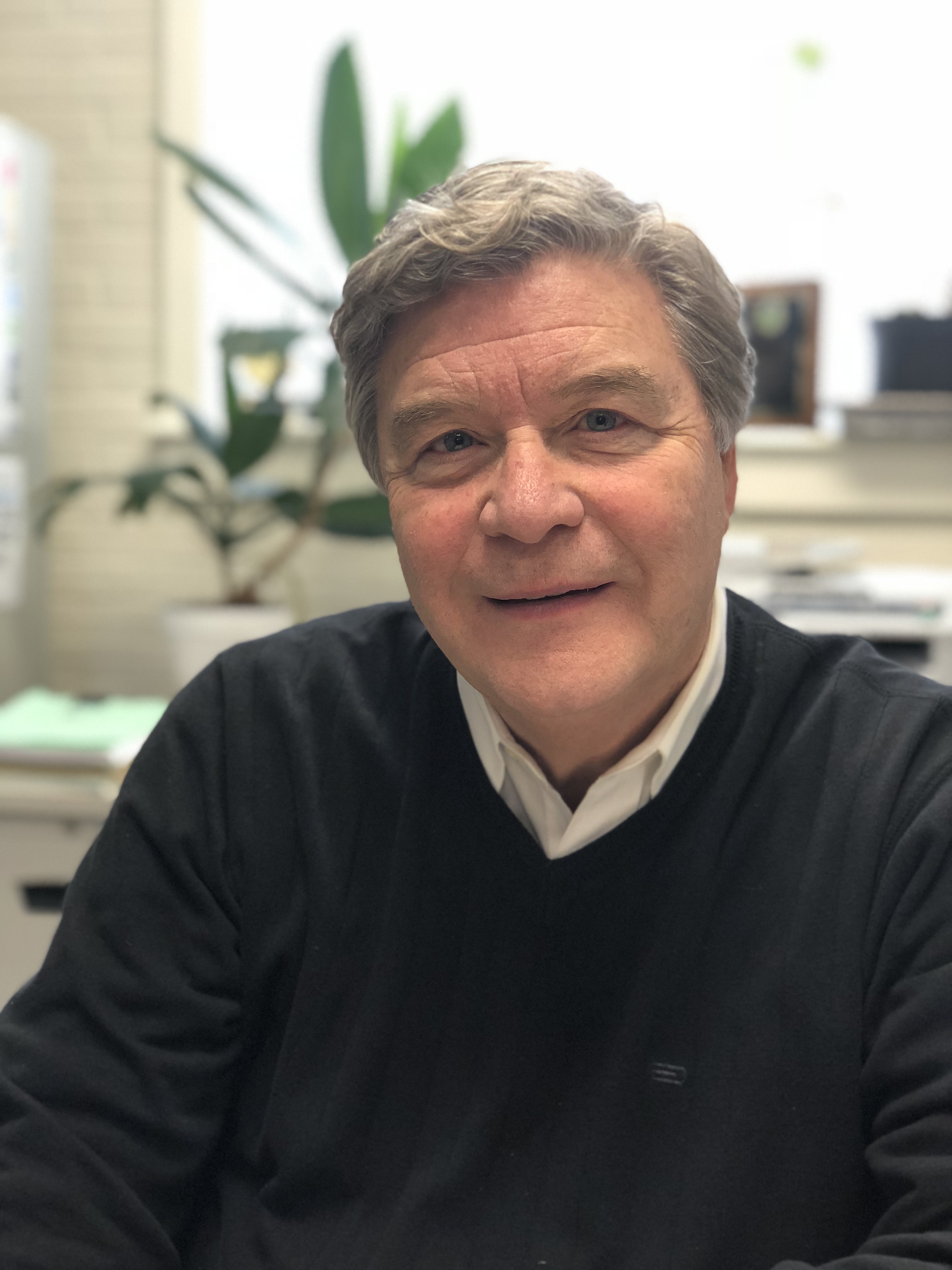College of Liberal Arts & Sciences
Earth Day in the Time of Covid-19

April 22, 2020, is not just another Earth Day. It is the 50th anniversary of the first Earth Day – the one that changed my life forever. Naive and over my head as student body president at Iowa State-1970, my world was on fire with righteous indignation against a compulsory draft for an unjust War in Vietnam. At times I actually thought that it would tear the country apart.
The first Earth Day strangely diverted my immediate attention, and the diversion would last a lifetime. Brainchild of Senator Gaylord Nelson and organized by Denis Hayes as a national Teach-In, Earth Day spawned immense bipartisan gatherings of 20 million people in the streets for one unifying goal – a healthy Planet Earth. Earth Day ignited in me a realization that my chemical engineering education from ISU could morph into something green and more fascinating, that is, trying to understand water quality, biodiversity, and the biogeochemistry of Earth’s processes. Discerning remedies for the massive disruptions that 7.7 billion people and an $80 trillion GWP can inflict on the earth has proven even more challenging.
This year we celebrate Earth Day with digital gatherings due to corona virus. It’s not the same but perhaps the pandemic can teach us some valuable lessons. Somepeople were slow to accept the dismal science of a spreading pandemic – they lacked trust in health professionals’ recommendations for social distancing, staying home, and closing businesses, sporting events, churches and social gatherings. But the flattening curves of Wuhan, South Korea, Singapore, and even Italy, Spain, and New York bear testament to the wisdom of their call.
Our national plan for the pandemic Covid-19 was non-existent, like the Emperor’s new clothes, plain for all to see. Pandemics are “global disease outbreaks” and theyrequire national plans and concerted global action. As recently as 2003-2004, WHO mitigated much more rapidly a similar virus, SARS, by careful messaging and international cooperation of 11 labs in 9 different countries. US and Chinese scientists together developed a vaccine within a year. Far too little cooperation exists today, both at home and abroad. Politics and hyper partisanship are disastrous in a time of global need. We can do better.
Analogies between climate change and our pandemic response are obvious. We have no national plan for either. As a young egg-head professor at the University ofIowa, I published my first modeling paper on climate change and its consequences in 1994, many years after others had done so. It projected (surprisingly accurately) the concentration of carbon dioxide in the atmosphere today with business-as-usual.That’s exactly what happened – business as usual. If you had told me that the U.S. would still not have comprehensive climate change and energy legislation in 2020, I would have told you, “you’re crazy”.
But it’s in the history books. We have failed to listen to the science and failed to reduce our gargantuan greenhouse gas emissions -- the planet cannot take it
anymore. Now it really is a Climate Emergency. What’s more, we are threatening to extinct 1 million species in the next generation as well – the Biodiversity Crisis.
Coronavirus humbles us all. How can one not be moved by the sight of doctors, nurses, custodians, and admissions clerks risking their lives for the rest of us? How can one not weep to see the miles of cars lined-up at food banks because families have nowhere else to turn? Playing out in the richest country in the world gives great pause.
Yes, we need science-based decision making on coronavirus and on climate change, but we need compassion and understanding as well. Noted columnist Sarah Van Gelder writes, “Changing hearts and opening minds begins when we listen”. Imagine the world we want, where everyone is safe and healthy, where the air is clean and the water is pure. Then, let us celebrate the 50th Anniversary of that spontaneous, bipartisan, original Earth Day by speaking from the heart and listening to each other.
Jerry Schnoor is professor of civil and environmental engineering and co-director of the Center for Global and Regional Environmental Research at the University of Iowa.